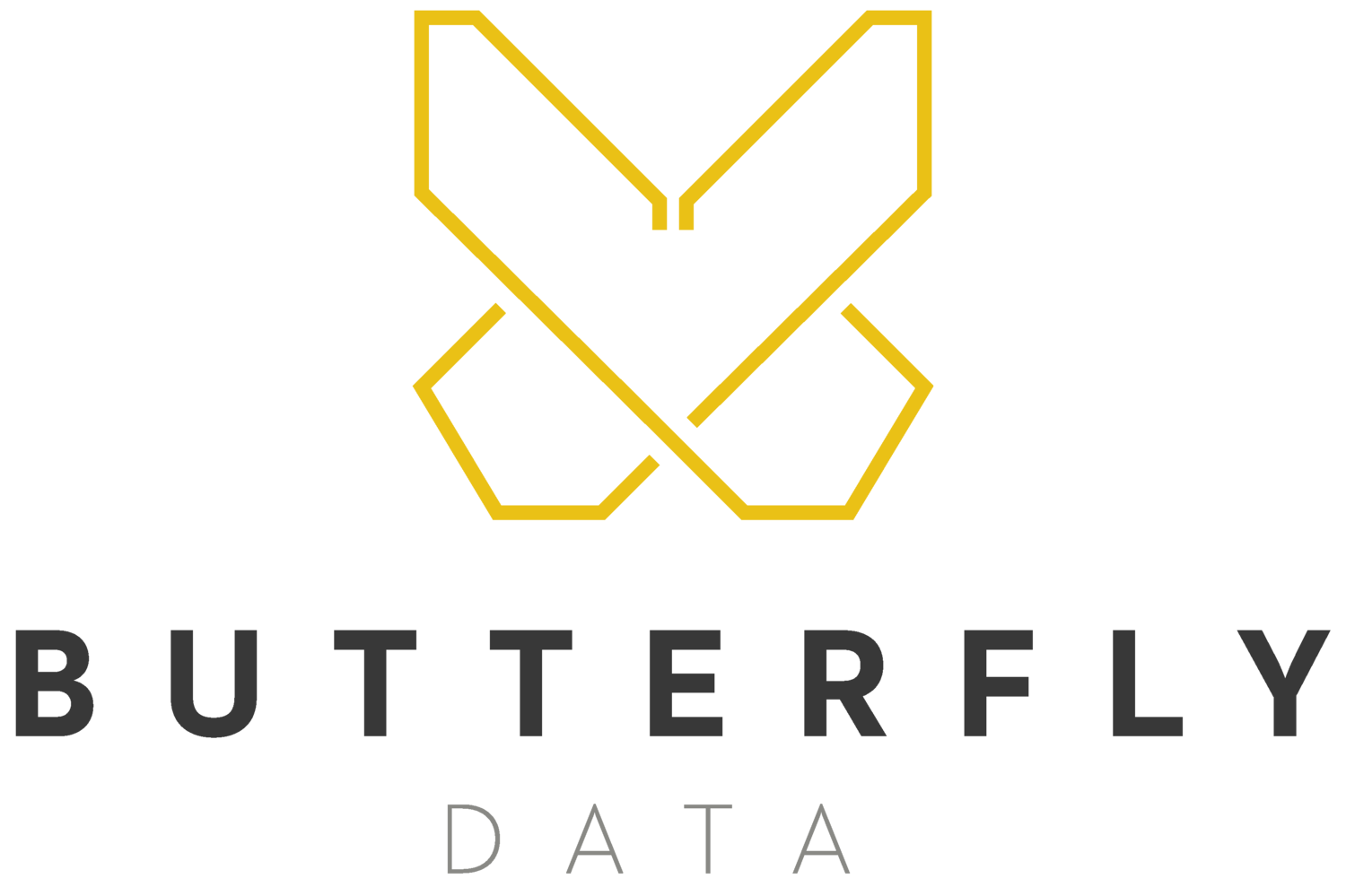The unsung hero: the SysAdmins that save the day
Before the pandemic, many a critical issue had to be solved 'on-site' fuelled by the late-night staples Peanut M&M's and black coffee, with the whole floor plunged into darkness except for the glow of your desk. Today, 'working from home' has certainly made life easier for the SysAdmin. Much of the work can be done remotely, which is great – unless that server just refuses to come back online, forcing you to get in the car and drive directly to the server room.
The modern cloud paints a lovely picture of Fluffy Clouds – an analogy that represents compute for everyone: simple, ethereal, always available. The cloud drives so much of what we do today, not just at work but in our homes too. But the reality is somewhat different for the SysAdmin. There's still a physical computer somewhere, running in a room with lots of other computers, called Data Centres.
These Data Centres can be incredibly vast, like the Vantage Data Centres campus in South Wales, spanning 750,000 square feet (about 10 standard football pitches) and housing, at least, 100,000 servers. Navigating such immense spaces takes lonely hours of effort to physically reach a problem with a "Crash Cart" and maintain these critical machines. SysAdmins often work in super-cooled environments, wearing thick coats, scarves, and gloves to stay warm, all while wearing ear protectors against the deafening hum of thousands of machines.
There's immense stress and countless tales from working in Data Centres, and it's physically demanding work. It's not just command lines and keyboards; it's pure muscle. Picking the wrong cable amongst the "cable hells," a mistyped command, a forgotten 'enter' key, or pulling the wrong power cable – in a Data Centre – might be a small human error, but it can have catastrophic, company-wide implications. The pressure is immense.
You can't just walk in, use your mobile phone, or carry a hot drink with you. A simple 'comfort break' isn't quick either; navigating multiple layers of security and walking considerable distances means a bathroom trip can take you away from your task for a significant amount of time, often requiring re-entry procedures like de-robing, re-robing, and sanitising.
It's an adage often whispered among IT professionals: "Happy Users is a very hard-working SysAdmin." It encapsulates the tireless dedication required to keep the digital gears turning smoothly. Yet, the cruel irony is that when systems are running perfectly, the very same business users can often be heard saying, "The SysAdmins don’t do anything. Why do we need them? Everything is working!" This sentiment, while frustrating, perfectly underscores why SysAdmins truly are the unsung heroes of our digital age.
Increasingly, businesses are dependent on their digital systems and data to drive strategy and, ultimately, profits. Business leaders are reliant on reports, visualisations, and operational processes to be secure, reliable, and quick. The analyst who creates a crucial report gets the credit for their work, not the SysAdmin who tirelessly rescued the data from backup in time for the meeting, a report the analyst may have accidentally deleted.
Of course, like any profession, there are isolated incidents or misguided decisions – the occasional headline about a well-meaning but ultimately disastrous attempt to 'save energy' by turning off cooling comes to mind. However, these rare outliers should never overshadow the overwhelming dedication and meticulous care of SysAdmins who operate with unwavering professionalism.
So, as we celebrate International System Administrator Appreciation Day (or SysAdmin Day) on July 25th, let's take a moment to truly acknowledge these extraordinary professionals. They are the silent sentinels, the diligent guardians, the ones who work tirelessly behind the scenes – often without credit – to keep our digital world running smoothly. They endure the silent watches in vast, fortress-like data centres and perform countless unseen acts of digital salvation.
They may not wear capes, but today, maybe they can.


